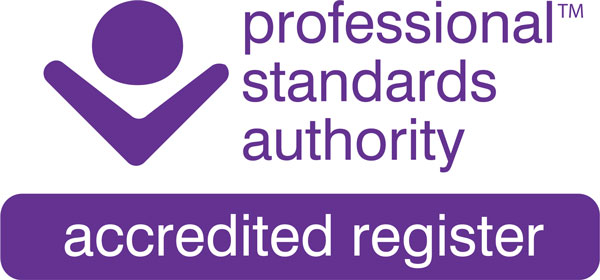What is OCD? And how to deal with it…
Obsessive-Compulsive Disorder (OCD) is the name given to the experience of uncontrollable and unreasonable obsessions or compulsions that are excessive. To be diagnosed ‘officially’ with OCD, the obsessions and/or compulsions must take up a considerable amount of a person’s time, significantly interfere with normal routines and activities, or adversely affect social and working relationships. It is a highly distressing condition.
Obsessions
Intrusive or inappropriate recurring thoughts or impulses such as:
- Obsessing about dirt and contamination, fear of coming into contact with germs or anything perceived as ‘unclean’.
- Constant doubt about whether something has been done or not — such as locking the door, turning off the taps, sending off a report.
- Worrying about whether harm will come to a close friend or family member
- Fear of feeling driven to do something aggressive or embarrassing and not being able to resist.
If a person has intrusive thoughts unaccompanied by associated compulsive actions, this is often termed ‘Pure O’.
Compulsions
Repetitive behaviours or rituals that very many sufferers feel compelled to carry out in an attempt to lower their high anxiety levels. These actions are not always directly related to the obsessive thought – for example, a person who is frightened by their aggressive thoughts may count bricks or words in an effort to control them. Relief is only temporary, so such compulsions tend to end up being repeated and repeated, often taking up inordinate amounts of time and making it impossible to carry out all the ordinary demands of the day.
Common compulsions
- Cleaning — sufferers who obsess about germs and contamination tend to clean constantly, whether that means repeatedly washing their hands and showering, or constantly scouring their homes
- Checking — individuals may check several or even hundreds of times ‘just to make sure’ they have turned off the gas, locked the front door, etc – even returning home from elsewhere to do so
- Repeating — saying a name or phrase or performing an action over and over
- Going slow — some individuals take an excessively slow and methodical approach to ordinary daily activities. They might, for example, spend hours organizing and arranging objects, food or timetables ‘just so’
- Hoarding — a form of OCD in which sufferers are unable to throw away useless items, such as old newspapers, junk mail or broken appliances; sometimes the hoarding reaches the point where whole rooms are filled with junk, becoming a safety hazard.
OCD, like all anxiety disorders and highly emotional states, interferes with the ability to think and concentrate. It is not uncommon for a sufferer to avoid certain situations that cause extreme anxiety (for example, someone who is obsessed with cleanliness may be unable to use toilets other than ones they have cleaned themselves), thus severely curtailing a normal lifestyle.
Onset of OCD is usually gradual and most often begins in adolescence or early adulthood. Children with OCD, unlike adults, do not usually realize that their obsessions and compulsions are excessive.
Treatment
Effective treatment includes a mix of the following:
- relaxation techniques
- investigating the source of the stress behind the OCD thoughts/behaviours and identifying which emotional needs are not well met
- separating the person’s sense of self from the OCD so they can challenge the obsessive thoughts and behaviours
- educating them about how OCD is perpetuated
- instilling in them the idea that the OCD is ‘bullying’ them and showing how not to allow themselves to be bullied
- detraumatising extreme experiences of the behaviour and any traumatic incidents that may have triggered it in the first place
- using guided imagery to rehearse successfully notcarrying outthe obsessive or compulsive behaviour
- showing how to get unmet innate emotional needs met.
Further learning
• Undertanding OCD and how best to treat it – a 1-day live online workshop
• Understanding Anxiety – and managing it without drugs – an online course with Joe Griffin

